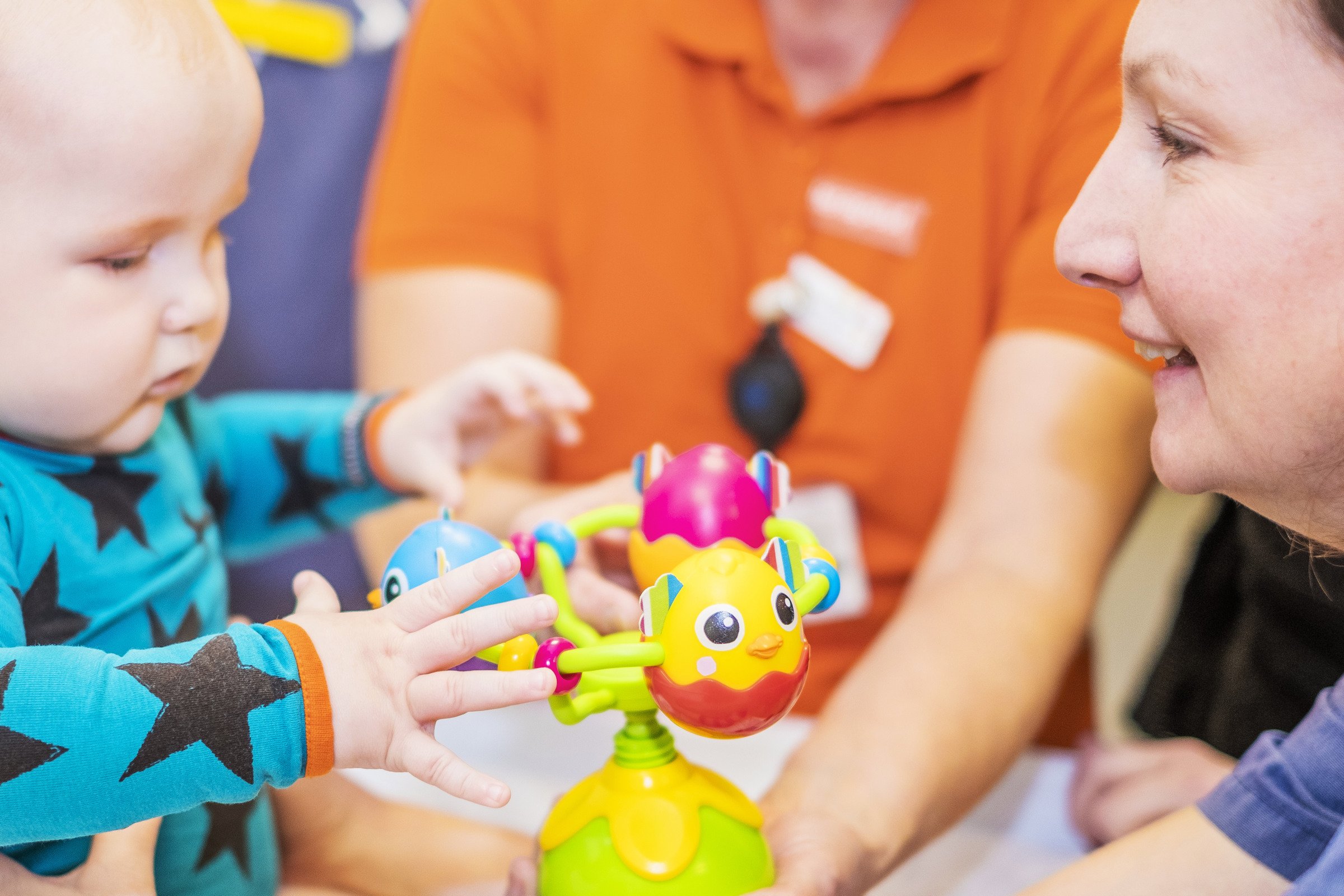Disorders of gut-brain interaction (DGBI)
Disorders of gut-brain interaction (DGBI), formerly referred to as pediatric functional gastrointestinal diseases (FGID), is an umbrella term that includes the very common irritable bowel syndrome (IBS). DGBI in children and adolescents is characterized by long-term, recurring gastrointestinal symptoms not caused by organic disease.
Young people with DGBI often have difficulty focusing in school and can also develop psychological issues as a result of all the handicapping symptoms. While the disorders can usually be diagnosed with a minimum of diagnostic procedures, it is common for children to undergo unnecessary examinations. At the same time, it is important not to miss diseases of pathologically decreased intestinal function. Differentiating between these diseases often requires an experienced pediatric gastroenterologist.
